Part I. Identity crisis.
Classes have been over for the past two hours at Universidade Edourdo Mondlane. But for the four Burundian law students who stayed behind, these two hours count for something much bigger than the class of today. After failing to obtain Mozambican citizenship for Burundians living here for more than a decade, this is their last chance to show that the money frequently collected among their community to send them to the most prestigious university in the country has not been a waste.
They have been tasked by the small community of ‘true’ Burundians of Maputo to write a legal letter to the Televisão de Moçambique and to the Verdade and the Noticias, two of the most read newspapers in Mozambique. All three news agencies have published a tragic story and wrongly attributed it to Burundian refugees.
The story is about a woman, whom having literally walked on foot all the way from Rwanda with her husband to finally settle here in Mozambique; starting with nothing to finally making a decent living for themselves, has seen money get to the head of the husband and lead him to cheat on her with a younger, more innocent Mozambican woman. The good woman lost her cool and hacked her rich husband to death.
All this sound horrible enough, except, the tragic couple are not Burundians; they are Rwandans. And the Burundian community here wants that known to all, and particularly to the national media, which doesn’t seem to make a difference between Kirundi and Kinyarwanda; ‘who does anyway? ‘All of them say they are Burundians; so we call them Burundians. esta bom!’ says my Mozambican friend, who couldn’t care less.
‘The Rwandan community is big here and we don’t really hide it’; says Kalisa a Rwandan I just met. ‘But dealing with Mozambicans as a Rwandan can be exhausting’; I couldn’t agree more. It goes like this:
– Olá, chamo-me Gatete (hello, my name is gatete)
– Ah, muito prazer! de onde você é? (Ah, nice to meet you! where are you from?)
– Seu de Rwanda;
– Oh, você é Hutu ou Tutsi? (oh, are you hutu or tutsi?)
– Euh…
– Quiem matou quiem? (who killed who?)
This happens to me in Portuguese, in English, in French, etc., everywhere I go. For a traveller passing by, I can afford to go through it because I know it is for a short period, and I will be out of here and back to Rwanda soon, where no one asks me that type of questions. But for those who have no plans of going back and who are trying to settle here, attract as little attention as possible, hoping one day to get citizenship, being a Burundian is probably best.
So while I get their plan, I can’t resist the question:
– Guys why don’t you come home? Its safe there you know…
– ‘We are not going back. In Rwanda they think all Hutus committed the genocide’ says Kalisa to the nodding approbation of his two friends, Habimana and Muhire, all three, Rwandans I have just met.
Nonsense says I. ‘There is no such thing in Rwanda. Everyone is living his life…’
They look at me, look at each other, and I can see that for the first time, they are second-guessing the true object of my visit to Mozambique. The ‘faculdade de direito’ hat on my head seems to remind them that my heart is true, but the bushtit I am saying matches the description of the ‘kagame spies’ they have heard a lot about.
I try my most honest smile to dissipate the suspicion, which too, I have read in people’s eyes at several occasions; even those with material evidence of my agenda: colleagues, teachers, etc. – man, people truly believe Kagame has spies everywhere –
Anyway, the smile doesn’t seem to do the trick, so I go back to what I do best; I speak:
– Don’t believe all these negative things you read on the internet; if you dig a little deep, all the people writing them have a reason to write bad things about Rwanda…
That’s when Muhire, who has been silent until now, intervenes:
– ‘If that is the case, then why are they asking all Hutus to Apologise?’ he asks…
Muhi, I start, they aren’t asking. There is a program where people willing to apologize on their parents, relatives’ behalf, can. Reconciliation is a complex process and apology shouldn’t be blanket or automatic.
– ‘But a crime is personal…’
– Only in court! I interject.
In real life, elders will always ask: ‘Uri uwande sha’. Either your parents are good people, or they were once bad, but apologised, paid a tribute and were forgiven. Otherwise you won’t be getting a bride, or groom on that day…
To be continued…




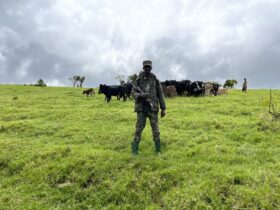




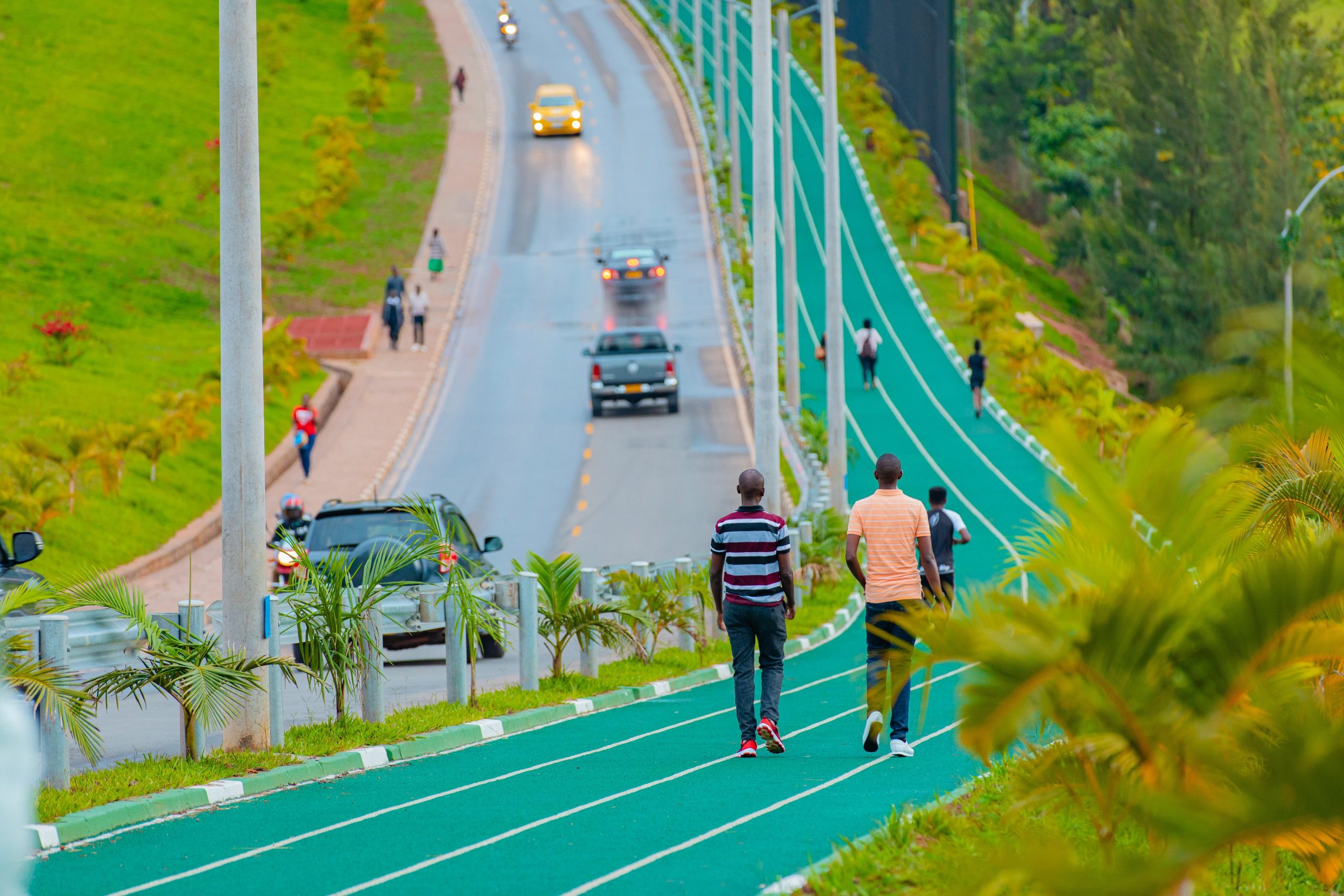



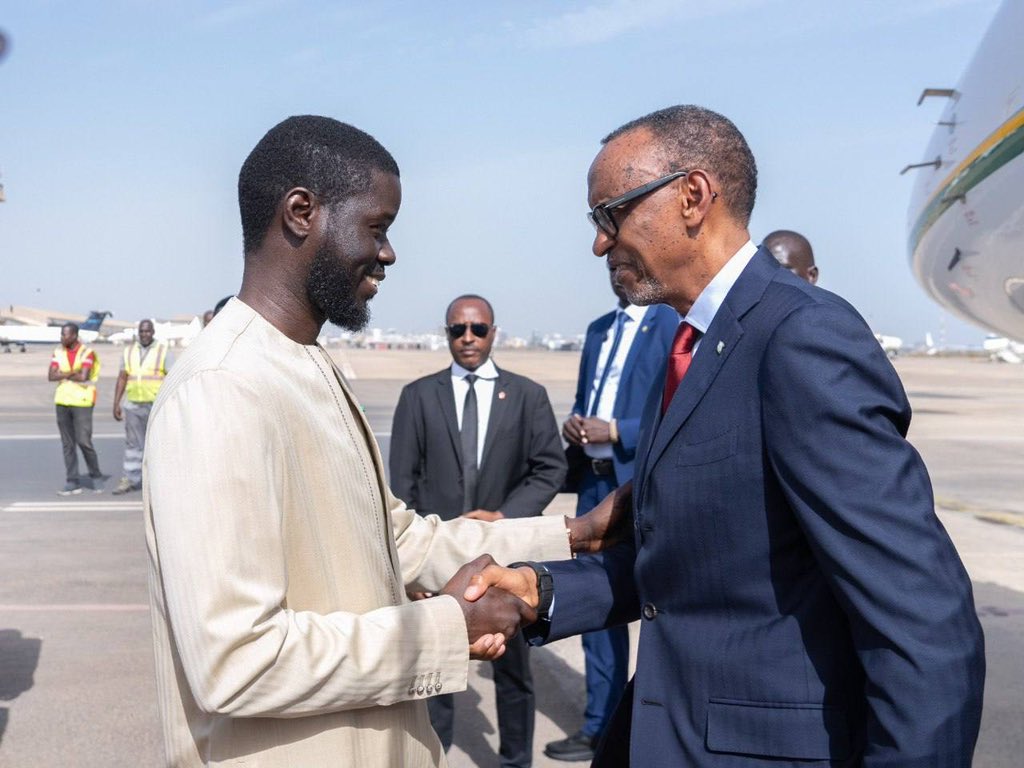
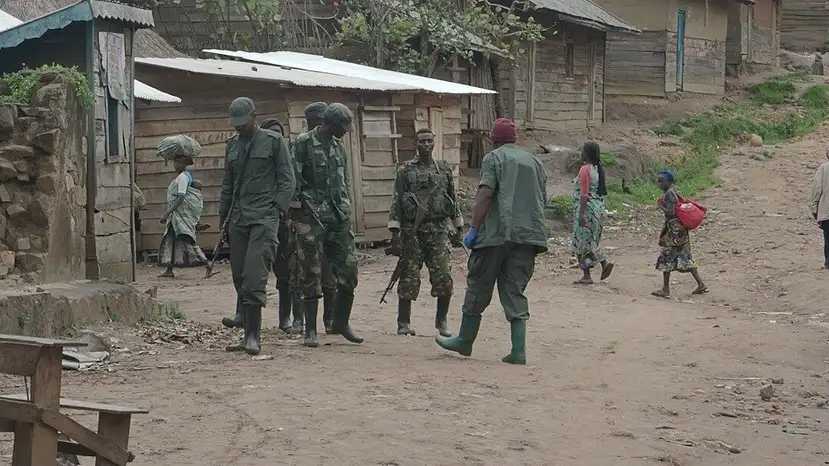
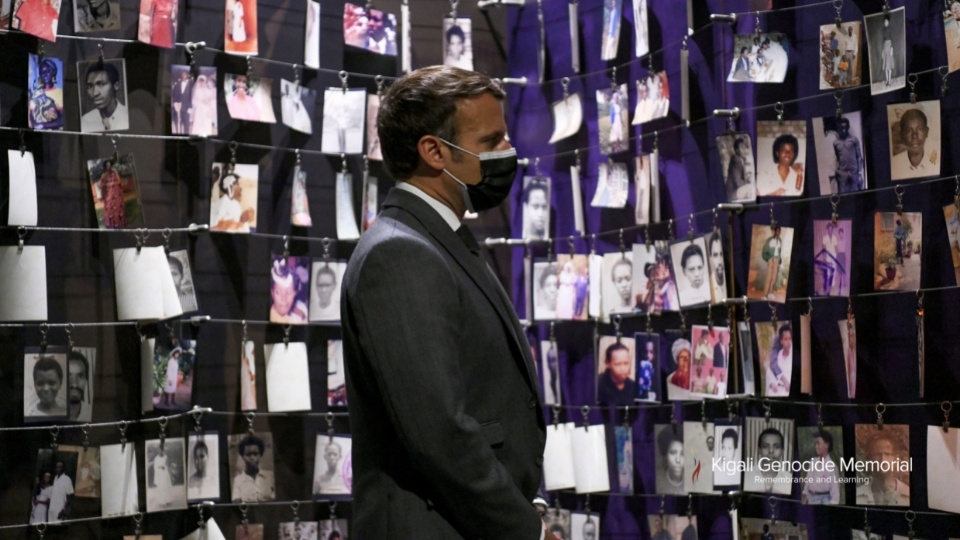
1 Comment